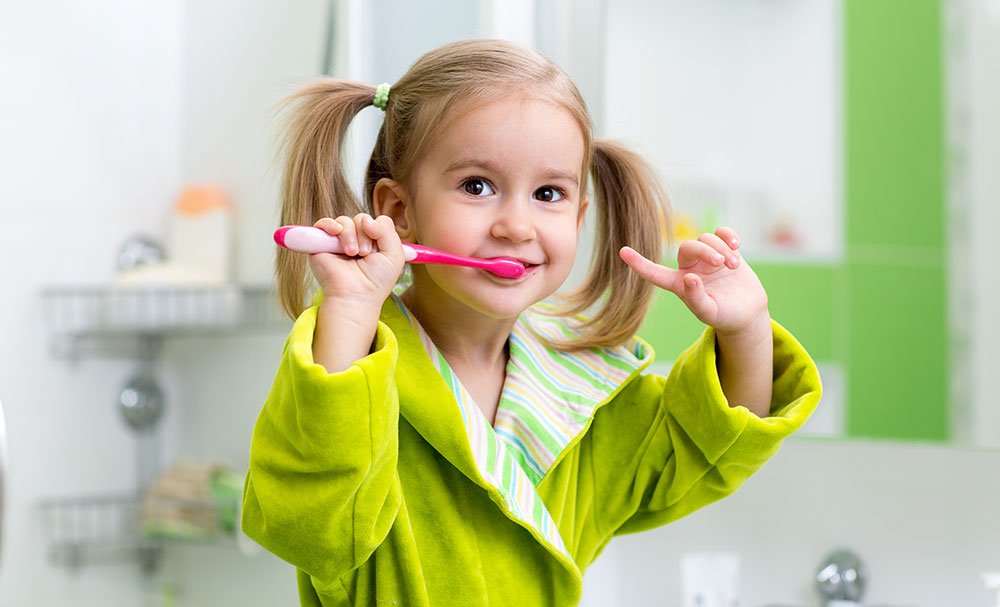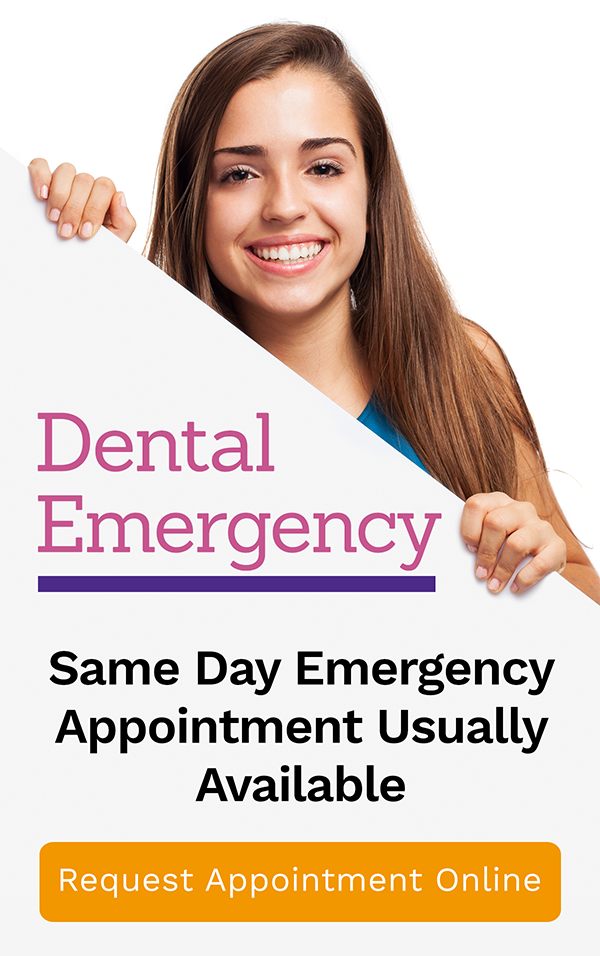
Did you know that, according to the Australian Dental Association, tooth decay affects almost half of all Australian six year olds? In Australia, tooth decay in children is on the rise. Ensuring your children learn the best practices for taking care of their teeth at a young age is important considering that the enamel on baby teeth is much thinner and softer than it is on adult teeth. Here are some preventative measures you can take to ensure your children maintain their oral health and hygiene.
Get them comfortable in a dental environment
It’s very normal for children to be frightened of going to the dentist, which is why getting them familiar with a dental environment at a young age is important to ensure they maintain a healthy oral hygiene routine in the future. Allowing them to feel comfortable visiting the dentist will also show children that they have nothing to be scared of. Not only are regular visits important for getting the kids used to the dentists chair, they’re also important for teaching parents about how to care for baby teeth.
It’s easy to assume that you take your child to their first dentist visit once their full set of teeth have grown in. However, it’s recommended you take them much earlier – either when their first tooth grows in, or when they turn one. That’s because dentistry isn’t just about teeth. Dentists will also check your child’s gums and inside of the mouth. Similar to adults, it’s recommended that you take your child for a regular check up every six months for preventative care.
Kids learn by routine
Getting your child into a proper dental hygiene routine is important to ensure they maintain clean, strong and healthy teeth. This includes brushing their teeth for a full two minutes, flossing and using child-friendly mouthwash. Parents generally help their children brush their teeth until the age of seven or eight. However it’s important to continue to supervise them for a couple years after that.
Here’s a helpful tip if your child struggles to brush their teeth for two full minutes – play their favourite song to help them time it!
A healthy diet makes for healthy teeth
Feeding your child a healthy diet is just as important for their oral health as it is for their overall health. You should limit the amount of sugary foods and drinks they consume, including lollies, soft drinks, sports drinks and artificial juices. Considering children’s tooth enamel is much thinner than adult’s tooth enamel, these foods and drinks are even more harmful to children’s teeth.
Make sure they’re drinking a lot of water and that their diet consists of vegetables, fish, milk, and cheese (especially considering calcium is great for strengthening the teeth and jaw bones!)
Corrective treatment is just as important as hygiene
Misaligned teeth are common in pre-teens and teenagers. However, it’s important to understand that misaligned teeth are not just a cosmetic issue – they can also cause health concerns. That’s why it’s important to make sure your child stays on top of corrective treatment and visits an orthodontist regularly so that they can begin corrective treatment while they’re still young.
Here are some common health concerns to be aware of:
- An incorrect bite. Malocclusion is the correct term for a misaligned jaw, or in other words, an overbite or an underbite.
- Excess wear. When the teeth don’t fit in place, they’re far more likely to cause excess wear and tear which can result in cracked teeth or jaw strain.
- Speech difficulties. Misaligned teeth can affect a child’s articulation, so it’s best to handle this while they’re young to prevent speech problems in the future.
- Periodontal disease. Crooked or crowded teeth are often much harder to clean thoroughly than straight teeth. An improper oral hygiene routine can result in gum disease or early onset tooth decay.
Is your child due for a dental check up? Bendigo Smiles is your trusted dentist, providing high quality, gentle children’s dentistry. Call us today to discuss whether your child is eligible for free dental treatment on (03) 5441 6447 or book an appointment here.


